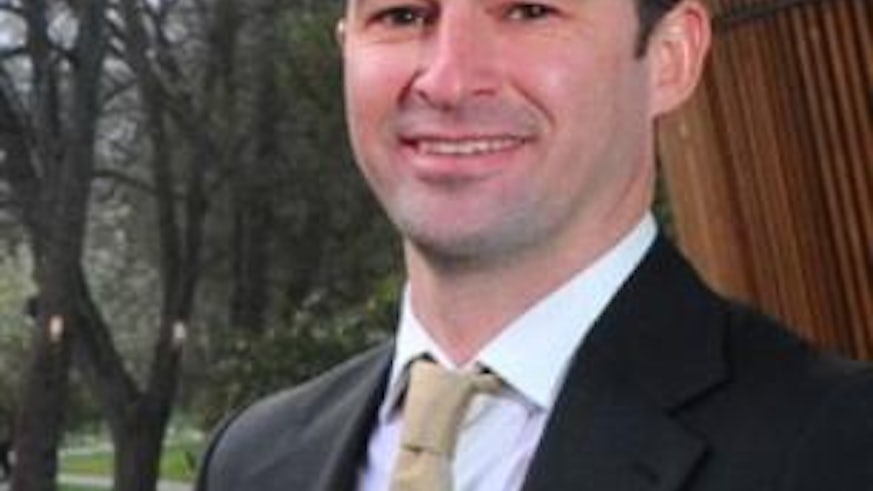From Lab Bench to Backbench
24 November 2014

Dr James Colley from Cardiff University will be swapping a lab coat for legislation, when he visits MP Kevin Brennan at the House of Commons for a "Week in Westminster" as part of a unique pairing scheme run by the Royal Society – the UK's national academy of science.
During his visit to Westminster, Dr Colley, an expert in cancer genetics from the University's School of Medicine will shadow Mr Brennan and learn about his work. As well as attending seminars and panel discussions, Dr Colley will attend Prime Minister's Question Time and a Mock Science and Technology Select Committee. The visit will provide Dr Colley with a behind-the-scenes insight into how science policy is formed as well as an understanding of the working life of a parliamentarian.
Dr Colley said: "The current advances in genetics will revolutionise medical care in the coming years but we must address the knowledge gaps that occur between geneticists, health professional and the public. I hope to see how legislation can be used to promote the understanding of genetics and allow people to make informed decisions regarding their health."
The Royal Society's Pairing Scheme aims to build bridges between parliamentarians and some of the best scientists in the UK. It is an opportunity for parliamentarians and civil servants to become better informed about science issues and for scientists to understand how they can influence science policy. More than 300 pairs of scientists, parliamentarians and civil servants have been partnered up since the scheme was launched in 2001.
Sir Paul Nurse, President of the Royal Society, said:
"We live in a world facing increasing challenges that can only be addressed with a clear understanding of science. From climate change to outbreaks of infectious diseases, GM organisms to technology and security, our policy makers have to make decisions about issues that will affect the lives of all those in the UK and, in many cases, the global community. This means policy-makers and scientists have a responsibility to engage with each other to get the best possible scientific advice into public policy making.
"We set up the Royal Society's Pairing Scheme in 2001 to provide the opportunity for MPs and scientists to build long term relationships with each other. We have now organised more than 300 pairings and have expanded the scheme to include partnerships between scientists and civil servants and members of the House of Lords.
"Parliamentarians and scientists who have taken part in the scheme have gained from their experiences and the shaping of public policy can only improve over time as these relationships continue to grow."